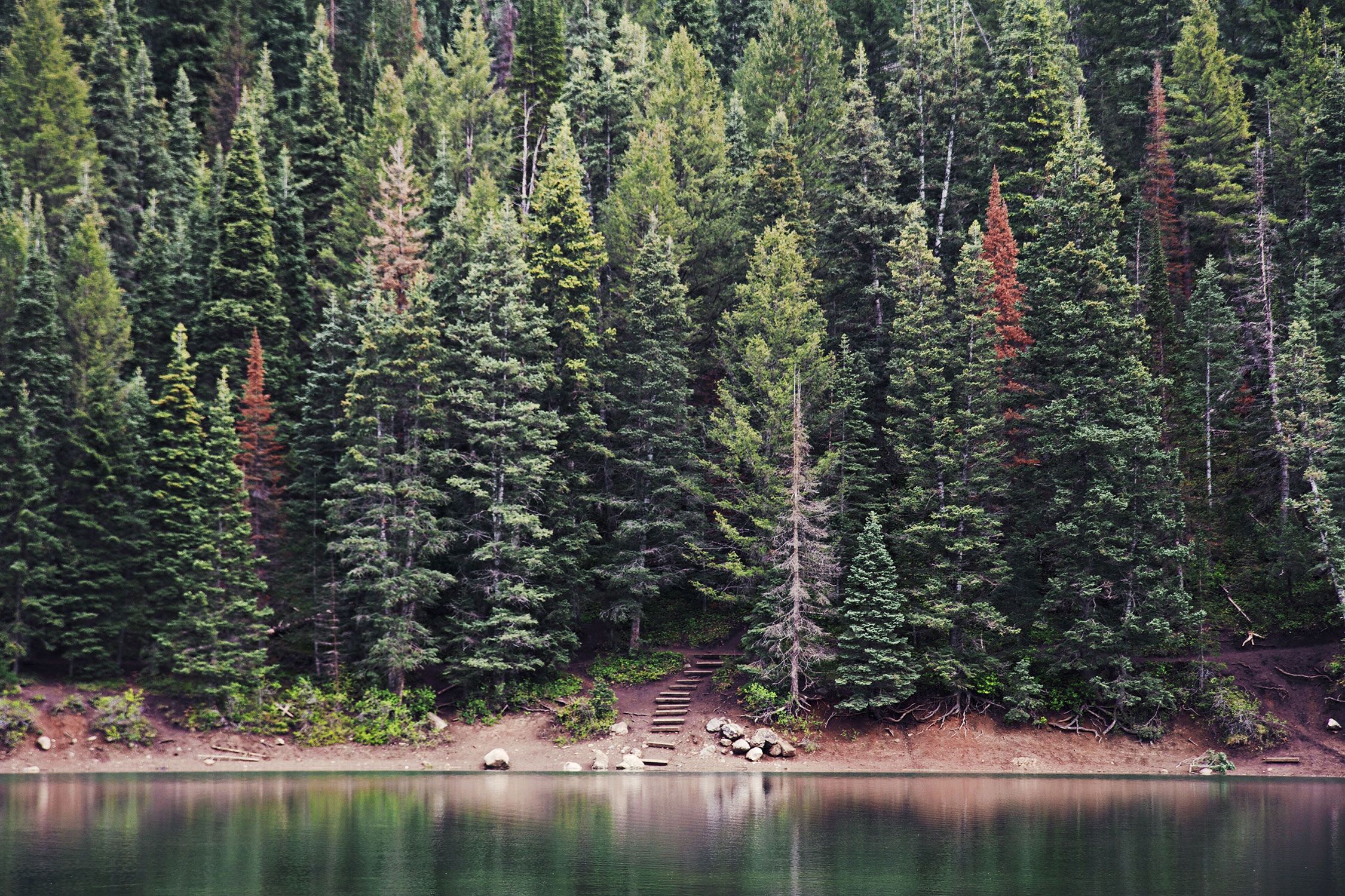An investigation found that forest licensees did a good job of minimizing the impacts of logging on drinking water in the Peachland and Trepanier community watersheds. The investigation also found that natural processes played a much larger role in the boil water advisories that Peachland has experienced in recent years.
“There was high snow accumulation and significant rainfall events during the spring snowmelt of 2017 and 2018 that led to increases in the amount of sediment in the water,” said Kevin Kriese, chair of the Forest Practices Board. “The investigation also confirmed that a landslide that led to a boil water advisory was the result of natural stream dynamics and saturated soils and was not caused by forestry activity.”
In addition to natural processes, the investigation found other developments and activities that may be contributing sediment to streams and potentially affecting water quality. These include roads built prior to current road construction standards, logging, ranching, mining and agriculture, as well as commercial and public recreation, private properties, a power line, and Highway 97C.
“While forestry and range activities are regulated by the Forest and Range Practices Act to minimize impacts to water quality and quantity, no one is responsible for managing the cumulative impacts of all activities in these watersheds,” said Kriese. “The auditor general’s recent report on drinking water protection points out systemic gaps in accountability and coordination for drinking water protection.”
The District of Peachland has initiated a technical advisory group to co-ordinate and manage uses in the watershed. The board commends this action and encourages improved monitoring of the watershed to better assess potential impacts on water.
The investigation was done in response to a complaint from a member of the Peachland Watershed Protection Alliance who suggested forestry activities were impacting water quality and leading to a number of boil water advisories. The Peachland and Trepanier watersheds, along with Okanagan Lake, supply drinking water to Peachland.
The Forest Practices Board is B.C.’s independent watchdog for sound forest and range practices, reporting its findings and recommendations directly to the public and government. The board investigates public complaints about forest and range practices on public lands and appropriateness of government enforcement. It can also make recommendations for improvement to practices and legislation.









